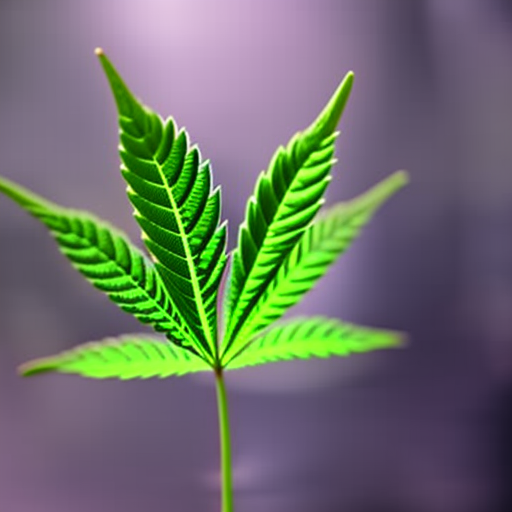
A new federally funded study has discovered a significant association between marijuana use and reduced cravings for opioids among individuals using them without a prescription. The findings suggest that expanding access to legal cannabis may offer a safer alternative for more people.
The researchers at the British Columbia Centre on Substance Use and UCLA conducted a survey involving 205 individuals who used cannabis and opioids without a prescription from December 2019 to November 2021. The aim was to test the hypothesis that marijuana could serve as an effective harm reduction tool during the overdose crisis.
Published in the International Journal of Drug Policy, the study revealed that 58 percent of participants reported using marijuana to reduce cravings for opioids. Furthermore, multivariable analysis showed that cannabis use was significantly associated with self-reported reductions in opioid use.
This groundbreaking research is the first of its kind to specifically investigate the outcomes of intentional cannabis use in managing opioid cravings among individuals obtaining painkillers from the illicit market. This is particularly important as these unregulated opioids may be contaminated, posing health risks.
According to the study authors, “These findings indicate that cannabis use to manage opioid cravings is a prevalent motivation among people who use unregulated opioids and is associated with self-assessed reductions in opioid use during periods of cannabis use.” They further emphasized that increasing accessibility to therapeutic cannabis products could be a valuable supplementary strategy to mitigate exposure to unregulated opioids and associated harm during the ongoing drug toxicity crisis.
Funding for this study was provided by the U.S. National Institutes of Health (NIH) and Canadian Institutes of Health Research (CIHR). It is worth noting that one of the study authors disclosed having a professorship supported by Canopy Growth, a cannabis company that backs research on marijuana science at the University of British Columbia.
This latest research adds to the growing body of scientific literature suggesting that marijuana can serve as a substitute for both legal and illegal substances, including prescription drugs. A recent study published last month found a link between medical marijuana use and lower pain levels, as well as reduced dependence on opioids and other prescription medications.
Another study conducted by the American Medical Association (AMA) in February revealed that chronic pain patients who received medical marijuana for longer than a month experienced significant reductions in prescribed opioids.
The AMA also released research indicating that approximately one in three chronic pain patients report using cannabis as a treatment option, with the majority using it as a substitute for other pain medications, including opioids.
Furthermore, state-level marijuana legalization has been associated with major reductions in the prescribing of opioid codeine, as evidenced by a study utilizing data from the federal Drug Enforcement Administration (DEA).
A study released last year similarly found that granting individuals legal access to medical cannabis can help reduce their use of opioid painkillers or even cease their usage altogether without compromising their quality of life.
There is an abundance of anecdotal reports, data-based studies, and observational analyses supporting the notion that some individuals use cannabis as an alternative to traditional pharmaceutical drugs such as opioid-based painkillers and sleep medications.
In conclusion, this federally funded study provides compelling evidence that marijuana is significantly associated with reduced cravings for unregulated opioids. The findings highlight the potential of expanding access to legal cannabis as a safer substitute for individuals using opioids without a prescription. Further research is needed to fully understand the mechanisms behind this association and to develop comprehensive strategies for harm reduction in the face of the ongoing overdose crisis.

